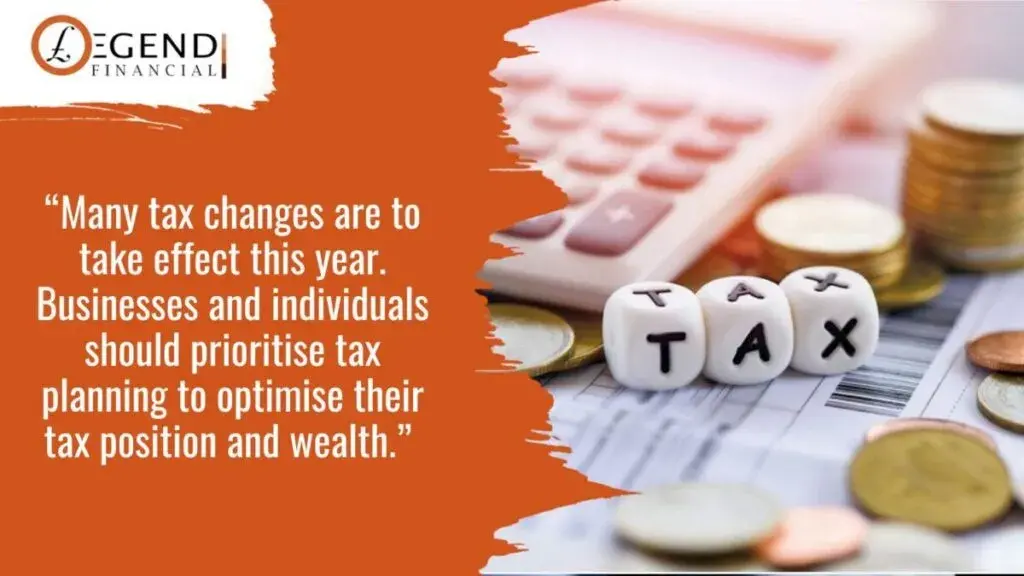
Income Tax
- Lowered tax thresholds for both higher rate and additional rate taxpayers will result in about 232,000 more taxpayers pulled up into the additional tax rate band.
Full Expensing
- Embarking its second year, businesses can continue to take advantage of “full expensing” or 100 per cent capital allowance on eligible expenses until 31 March 2026.
Loss-Making SMEs
- Another 5,000 SMEs will be eligible for R&D loss support, as the qualification amount for loss incurred was lowered from 40% to 30%.
Dividend Allowance
- This year marks the beginning of a mere £500 dividend allowance, which was originally at £2,000, affecting 3,235,000 in effect.
Corporation Tax
- Businesses earning more than £250,000 will continue paying 25 per cent tax from 19 per cent.
Making Tax Digital
- MTD for VAT compliance has been put off until 2026. However, businesses will have to be familiar with its use, as VAT will only be tackled through digital means.
These changes call for a more proactive and flexible approach to taxes. Given the reduced dividend allowance, you may want to explore other tax-efficient investments and strategies, such as charitable donations, pensions, or an effective combination of salary and dividends.
Taxes will immensely affect how much income you can keep every year. The wisest step you can take early this year is to plan your taxes, whether you are an individual or a business. Work it with Legend Financial and see the huge positive differences you can reap. Subscribe to our monthly newsletter for the latest tax news and insights in the UK!
Reference:
Autumn Statement 2023 Key Points and OBR Forecasts. 28 November 2023. Retrieved from Legend Financial:
https://legendfinancial.co.uk/news/autumn-statement-2023-key-points-and-obr-forecasts/
Optimising your tax position for 2024. 3 January 2024. Retrieved from Azets:
https://www.azets.co.uk/news-insights/articles/optimising-your-tax-position-for-2024/












